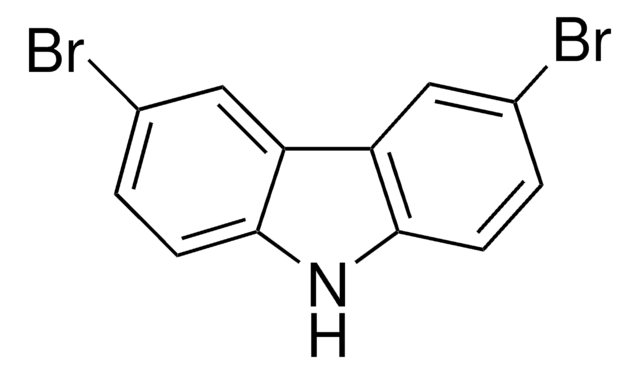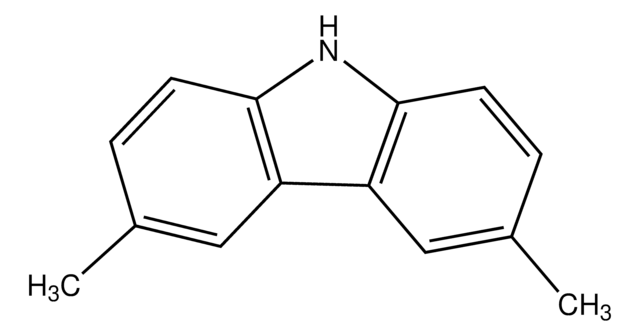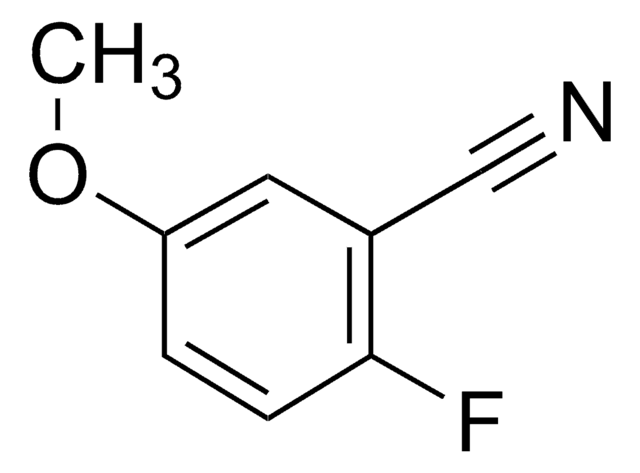BCR266
7H-Dibenzo[c,g]carbazole
BCR®, certified reference material
Synonym(s):
3,4,5,6-Dibenzocarbazole
About This Item
Recommended Products
grade
certified reference material
Agency
BCR®
manufacturer/tradename
JRC
technique(s)
HPLC: suitable
gas chromatography (GC): suitable
format
neat
storage temp.
2-8°C
SMILES string
[H]n1c2ccc3ccccc3c2c4c1ccc5ccccc45
InChI
1S/C20H13N/c1-3-7-15-13(5-1)9-11-17-19(15)20-16-8-4-2-6-14(16)10-12-18(20)21-17/h1-12,21H
InChI key
STJXCDGCXVZHDU-UHFFFAOYSA-N
Looking for similar products? Visit Product Comparison Guide
Analysis Note
BCR266
Legal Information
Signal Word
Warning
Hazard Statements
Precautionary Statements
Hazard Classifications
Acute Tox. 4 Oral - Carc. 2 - Eye Irrit. 2
Storage Class Code
11 - Combustible Solids
WGK
WGK 3
Flash Point(F)
Not applicable
Flash Point(C)
Not applicable
Choose from one of the most recent versions:
Certificates of Analysis (COA)
It looks like we've run into a problem, but you can still download Certificates of Analysis from our Documents section.
If you need assistance, please contact Customer Support.
Already Own This Product?
Find documentation for the products that you have recently purchased in the Document Library.
Our team of scientists has experience in all areas of research including Life Science, Material Science, Chemical Synthesis, Chromatography, Analytical and many others.
Contact Technical Service![11H-Benzo[a]carbazole](/deepweb/assets/sigmaaldrich/product/structures/391/065/abfb4cba-81ab-44b8-a816-d8791a903400/640/abfb4cba-81ab-44b8-a816-d8791a903400.png)
![4H-benzo[def]carbazole AldrichCPR](/deepweb/assets/sigmaaldrich/product/structures/319/198/4208123a-456b-4f27-bc62-bc3af7c1d403/640/4208123a-456b-4f27-bc62-bc3af7c1d403.png)


![[1,1′-Bis(diphenylphosphino)ferrocene]dichloropalladium(II)](/deepweb/assets/sigmaaldrich/product/structures/130/734/8846aa26-1858-458a-998d-8c306c13bf0f/640/8846aa26-1858-458a-998d-8c306c13bf0f.png)
![Dibenz[a,c]acridine BCR®, certified reference material](/deepweb/assets/sigmaaldrich/product/structures/409/012/e2e7efd7-cd34-4a89-b5b5-bf5a65110e69/640/e2e7efd7-cd34-4a89-b5b5-bf5a65110e69.png)





